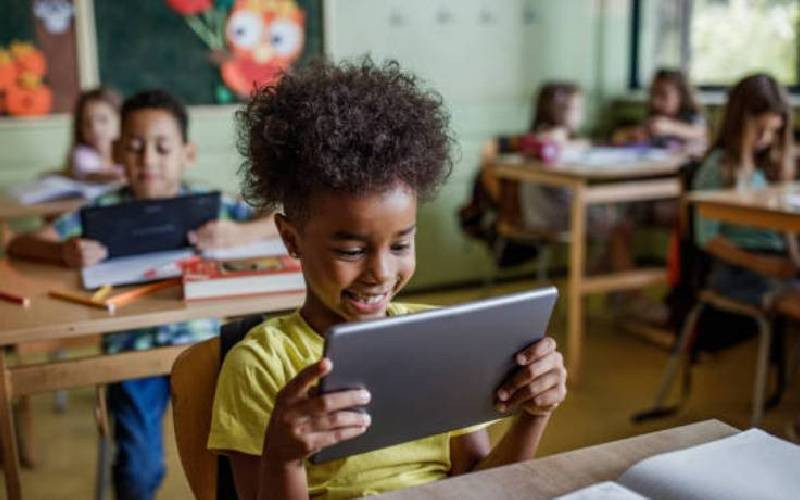×
The Standard e-Paper
Stay Informed, Even Offline

The entry of chatbot, ChatGPT, natural language processing tool driven by Artificial Intelligence technology, has been one of the trending debates lately with fears that it might lower problem-solving skills among students.
Chat Generative Pre-trained Transformer, also known as Chat GPT, was released in November 2022, and is now being used by a number of users among them learners. It interacts in a chatty way and can be able to answer questions and even reject inappropriate requests.